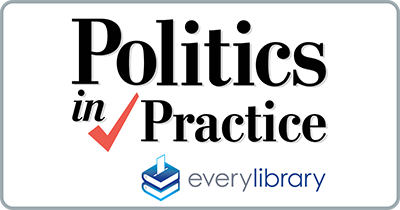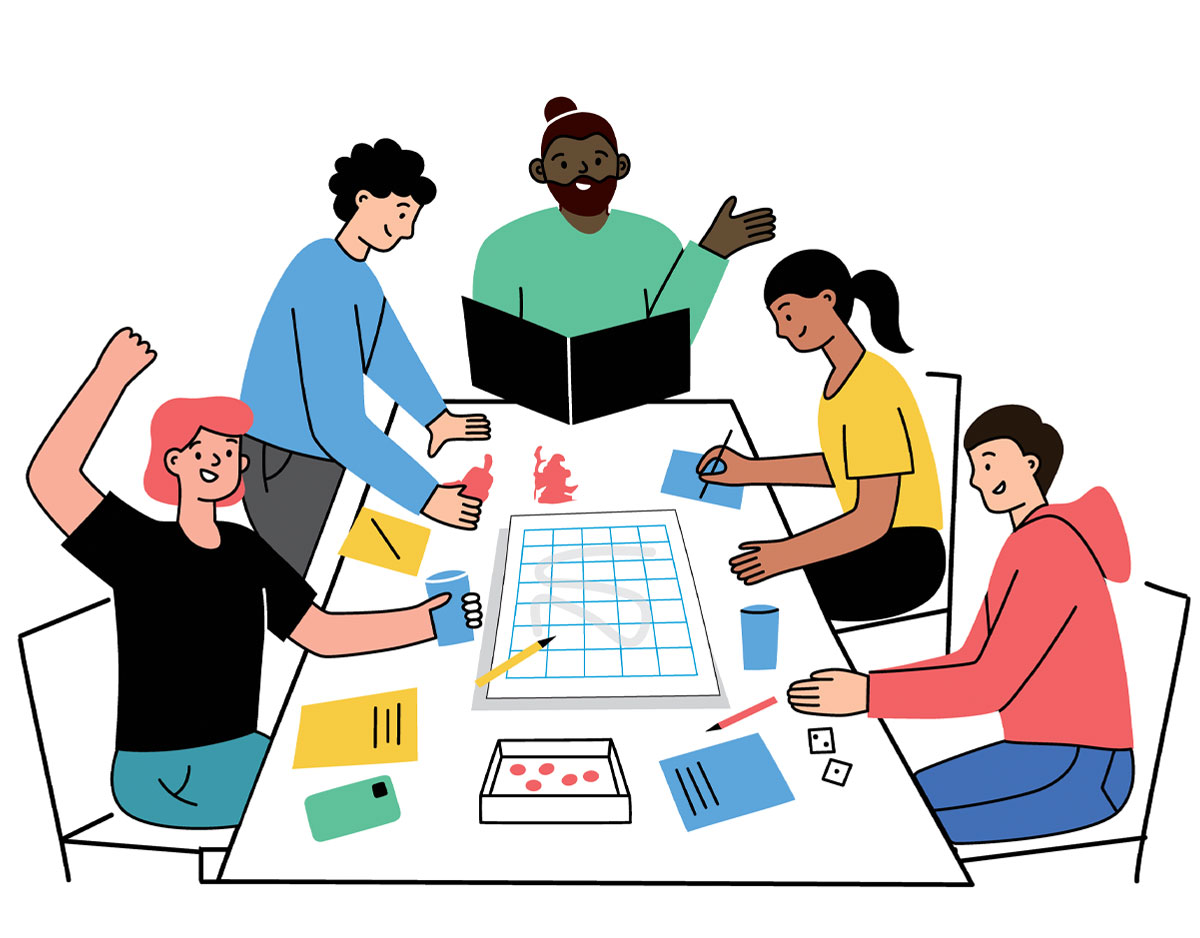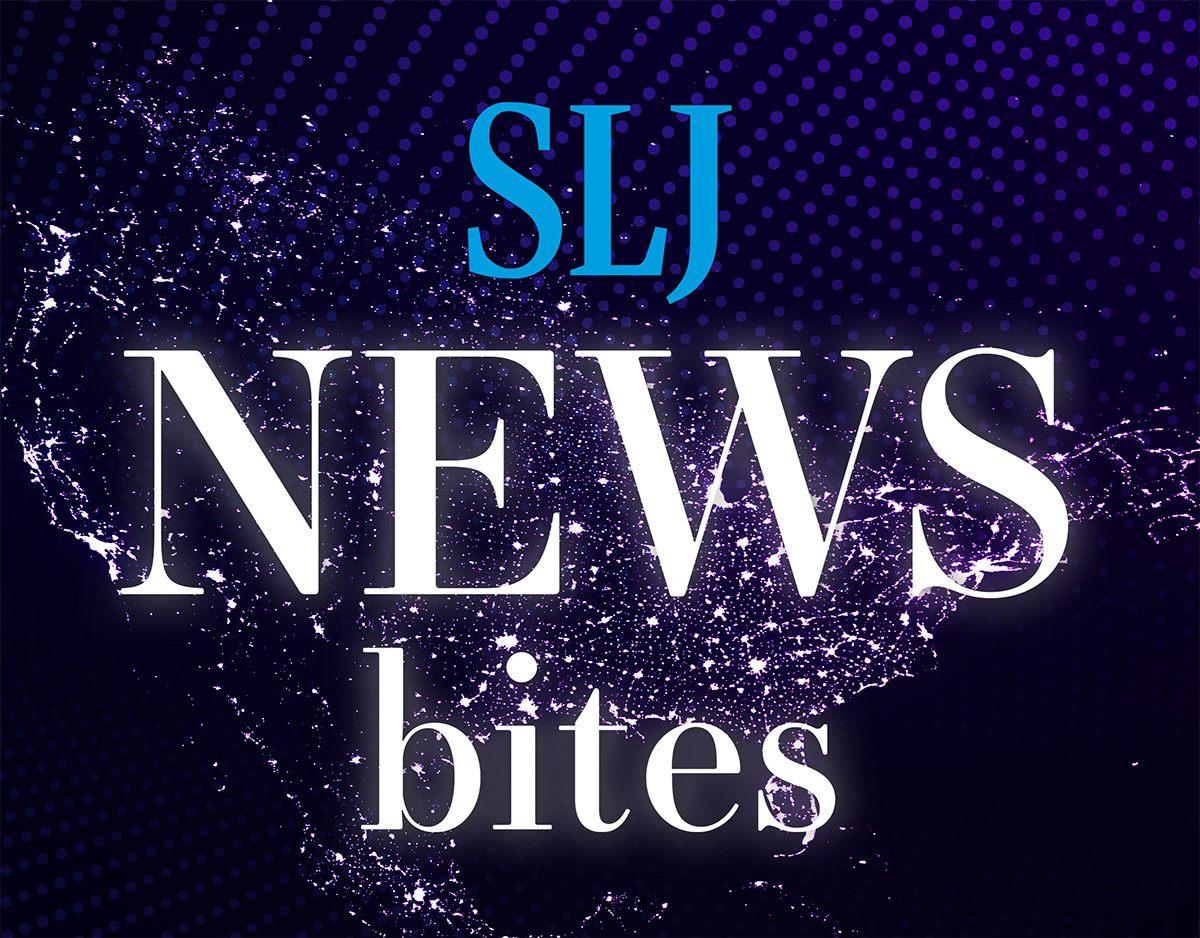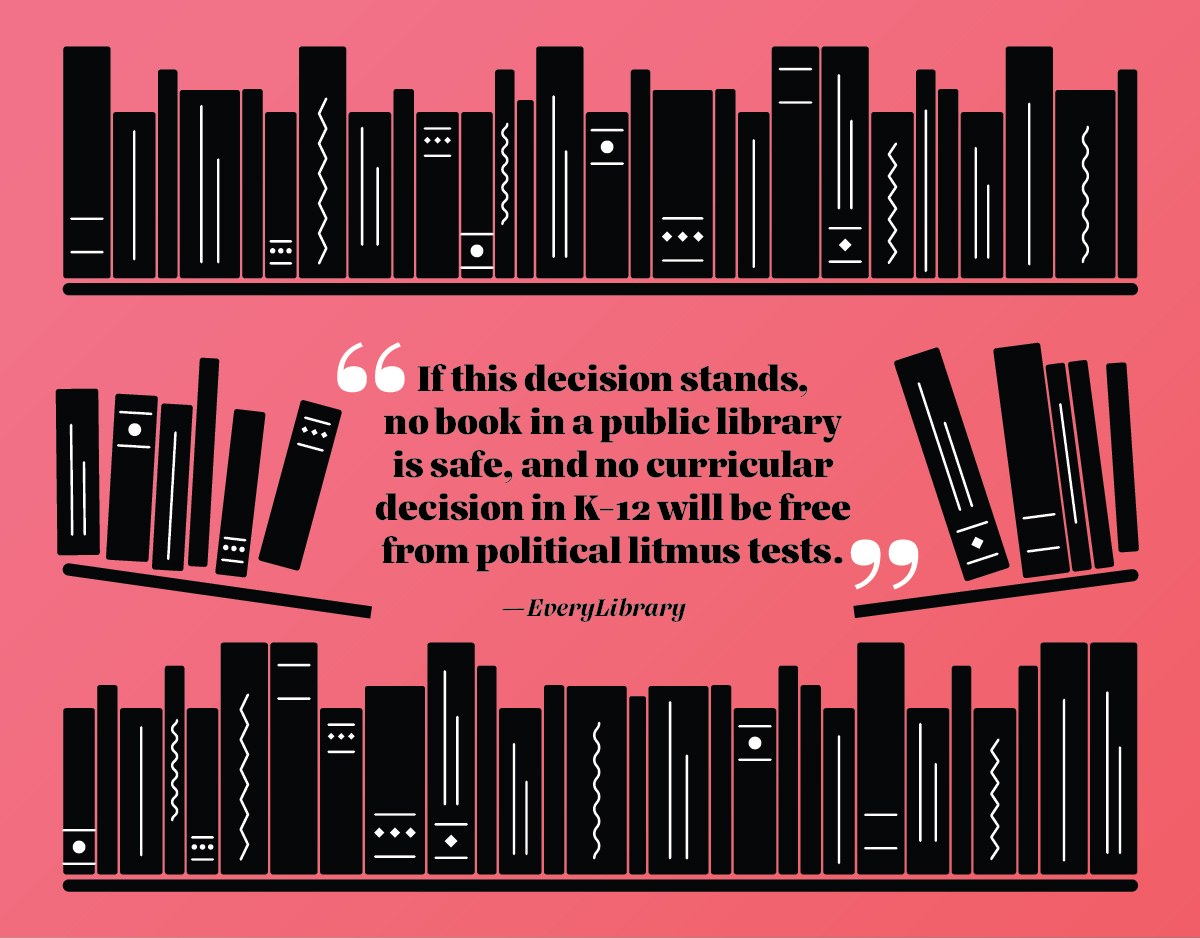Building Grassroots Support to Protect You and Your Library
As we all know too well, communities across the country are seeing a huge spike in book challenges and bans in our school and public libraries. Censorship is on the rise, and libraries and librarians are being personally attacked, threatened, and fired, while libraries are seeing their funding threatened unless they remove books written by BIPOC and LGBTQIA authors and/or books that have BIPOC or LGBTQIA protagonists or themes.
But even amidst this unprecedented wave of book banning, there is some good news. Poll after poll after poll after poll after poll after poll show that Americans are overwhelmingly opposed to book banning. Even the very conservative American Family Survey, administered by the Deseret News and Brigham Young University (both of which are part of the LDS Church) found that only 16% of Americans believe public school libraries include inappropriate books on their shelves and that just 12% of Americans think that books should be removed from libraries if a parent objects.
At the same time, there has been consistent reporting that there is a small minority of people who are behind book challenges. The Washington Post reported in May that “an analysis of book challenges from across the nation shows the majority were filed by just 11 people.” In Utah, KUTV reported that a “small group of parents utilizing new law to help ban books in Utah school libraries,” noting that in the Granite School District, “a West Valley City couple was behind nearly every complaint filed with the district.” Of the 205 filings, one couple were behind 199 of them.
Given these two factors – the strong opposition to censorship, and the fact that a small number of people are driving book bans – we have an opportunity to grow grassroots support in communities across America. There is a lot of space for Americans to push back, stand up for libraries, and advocate for the values of freedom of expression, freedom of thought, and the freedom to receive information.
What do we do? What follows is a recipe of sorts for grassroots organization and activation that you can share with family, friends, neighbors, or anyone in your community who is ready (or at least interested or willing to be ready) to take action.
SHOW UP AND SPEAK UP
In short, we need to show up, and speak up. Show up to school and public library board meetings, to legislative committee hearings, to city and county council meetings. Speak up for your own love of ideas, and books. Speak to your own feelings and beliefs around the inherent dignity of all people. Speak to the impact specific books — maybe books dealing with difficult topics — have had in your life, and the lives of your friends and families. Let decision-makers know that your kids are not snowflakes who need to be protected from books. You can also speak up by writing letters to the editor, Op Ed pieces, and posting in social media.
ORGANIZE: “FIGHT FOR THE FIRST” IS A POWERFUL FREE PLATFORM
While our individual voices are powerful, joining with others to speak with a collective voice is the only way to build the sustainable political power that is necessary to protect libraries and turn the tide of censorship. In many communities, the only long-term solution involves voting in good board members, city/county council members and mayors, and voting out the ones who wish to systematically pull books from shelves, thereby erasing or silencing people’s voices and experiences from shared public spaces.
Most Americans don’t have the skills and tools they need to effectively organize, which is why earlier this year EveryLibrary launched Fight For the First, a powerful, free platform to support grassroots organizing and action. Fight for the First empowers community members who want to support their library and librarians and oppose censorship to find each other and take collective action quickly. Fight for the First offers robust modules including groups, petitions, and events modules that enable people to do rapid supporter identification and activation – including a way to quickly build a contactable list of people in your community who care and are willing to take action (lists that can also be used in the future for things like building support for pro-library candidates standing for board seats and other elected offices).
EveryLibrary also offers free coaching and consulting on organizing, messaging, strategies, and tactics. Everyone that starts a group or petition on Fight For the First will be given an initial consultation and access to a national group of over 80 people who are leading anti-censorship fights in their local communities. EveryLibrary staff are available to answer questions, provide guidance, and offer support through text or email or live video chats morning till evening, seven days a week.
BUILD YOUR COALITION
As mentioned above, standing and speaking together is always more powerful than speaking alone. In every community, there are organizations that share common cause and common concern around book banning. By asking, “Who else cares?” you can begin to identify organizations and leaders in your community who may be willing to stand with you, sign joint statements, issue joint press releases, and amplify your messaging to their constituents through multiple channels. Who else cares about equity? Civil liberties? Civil rights? Civil society? Marginalized populations? Ethical government? Student success? Create a shared spreadsheet of these organizations, and reach out to request a meeting. There are always organizations that have existing lists of supporters and an overlapping set of values or concerns that can be tapped as coalition partners.
DANGER ZONE: DEFINE YOUR AUDIENCES, TAILOR YOUR MESSAGING
When messaging your support of librarians and opposition to censorship, it is helpful to think about the variety of different audiences you are speaking to, and the variety of messages that may or may not resonate. One trap that some groups — even large, national groups — fall into is the “preaching to the choir” trap. Often, groups that form to fight book banning have a progressive worldview, and wind up only sharing messages that appeal to other progressives. But Americans broadly support libraries and oppose censorship, and many of them will either not respond to progressive messages or be actively turned off by such messages.
Those with a more libertarian political ideology are often staunch supporters of civil liberties, free speech and the first amendment, and generally oppose government regulations. They may respond very positively to messages that focus on letting people think for themselves, letting parents parent their own kids, and keeping the government out of it — especially since book bans conflict with the first amendment.
Community members with a more traditional conservative ideology may be responsive to messages that call out official decisions by boards or councils that are being made in the dark, or in violation of the law or policy. And they may also respond well to messaging that calls out extreme political rhetoric as not reflective of the traditional goodness of our community, and the community we want to be in the future. It may also be effective to point out that extreme political rhetoric, attacks, and bad press due to illegitimate government decisions or perceived bigotry is bad for business, and may lead businesses to locate in communities that seem more peaceful and free from extreme rhetoric or shady government actions.
TAKE THE FIRST STEP
Remember, if you oppose censorship, you are joined by the majority of Americans and likely by the majority of people in your community. While it may seem daunting to start a local grassroots group, it is easy to post something to your social media asking if there are others who care about what’s happening. Starting a petition/campaign at FightForTheFirst.org can be done in 15-30 minutes, and staff at EveryLibrary are usually available within hours to meet with you and offer support and guidance. You are not alone. If you take the first step and show up or speak up, you will quickly find others that want to stand with you in support of libraries, librarians, and the freedom to read.
Filed under: Advocacy, Censorship, News
About Peter Bromberg
Peter has nearly 30 years of experience applying a human-centered approach to the transformation of library services, creating value and positive experiences for people and communities while fostering healthy, equitable, and effective organizational climates. As a library advocate on local, state, and national levels, he coaches and consults with library leaders, boards, and associations to develop effective messaging and build strong community and political support for library funding. As a library director in Salt Lake City, Peter applied an equity lens to board development, operations, and policy development, garnering a Distinguished Service Award from the American Society for Public Administrators (ASPA) for his work in eliminating inequitable barriers to service.
ADVERTISEMENT
ADVERTISEMENT
SLJ Blog Network
One Star Review Guess Who?
A Foolish Interview for a Foolish Biography: Wolverton Hill (a.k.a. Barry Wolverton) Talks Lear
Detectives These Days Are Crazy!, vol. 1 | Review
Heavy Medal Suggestions: 73 Titles and Counting
ADVERTISEMENT







Hi Peter, I’m a school librarian, and former public librarian, here in Utah. I’m wondering why I’m not seeing more collaboration between public libraries and school libraries.
Here in Utah, most school libraries are run by paraprofessionals, and if there is a librarian overseeing things it is often a teacher with a library media credential, which is dramatically different than an MLIS. Sometimes you will have one or two MLIS holding librarians at a large school district, but it’s safe to say that the smaller districts and the charter schools throughout Utah do not have adequate access to the resources they need to combat censorship, or make well informed book selections, and therefore largely operate under soft censorship/quiet censorship.
Going back to my original question, as a former public librarian, I am aware that many public libraries, those that have five or more branches at least, are likely to perform outreach at schools and preschools. Why aren’t the same outreach librarians working with the librarian or media specialist at schools performing needs assessments?
Public libraries have a lot more experience combating censorship and drafting appropriate policy. And I think if larger public library systems offered one or two classes per year for school directors and board members on policy writing, and one or two workshops per year for media specialists or non-mls holding librarians.
As much as teachers like extra prep time that comes from specials, this sort of advocacy and partnership between school libraries and public libraries would be a far more powerful use of public library time and dollars.
I’d be happy to be part of any initiative in this vein. I know that many charter schools here in Utah still do not have a materials purchase policy or acquisition policy, or even clear procedures to delineate how they select materials. This puts them at risk of being an easy target for censorship.